The views expressed in our content reflect individual perspectives and do not represent the authoritative views of the Baha'i Faith.
Did you know that International Women’s Day (IWD) was founded in 1909 by the Socialist Party of America in New York City? I didn’t, at least not until very recently.
Initially intended to honor working women throughout the world, in just a few years the idea spread — within the socialist movement, into communist countries, and eventually embraced by the feminist movement. In 1975 the United Nations began celebrating it worldwide.
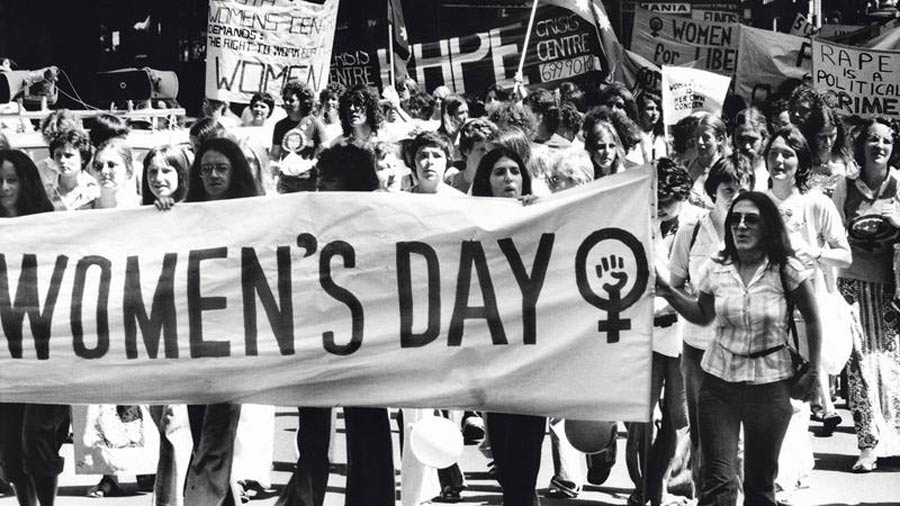
Curious to learn about its relevance today, and not just for “working women” as defined by the founders of IWD, I have been reflecting on progress for women through the world in an array of endeavors. Depending on where you live and what segment of society you consider, you may find encouraging news – or you may be surprised and even disappointed by what you discover.
Women have made great strides toward equality, but we still have a long way to go in many places. The Baha’i teachings advocate the equality of the sexes, asserting that human society cannot progress until women and men have “perfect equality”:
… there shall be perfect equality between men and women. Why should man create a distinction which God does not recognize? In the kingdoms below man sex exists, but the distinction between male and female is neither repressive nor restrictive. – Abdu’l-Baha, The Promulgation of Universal Peace
Some of the measures of that perfect equality – and of the repression and restrictions women have long suffered under – becomes apparent when we study the lives of women artists of the past and present. You can do the same thing with musicians or inventors. In fact, you can look at the participation of women in just about any human endeavor — including government, industry, media, education, sports, arts, and so on.
Moving Beyond Gender Bias
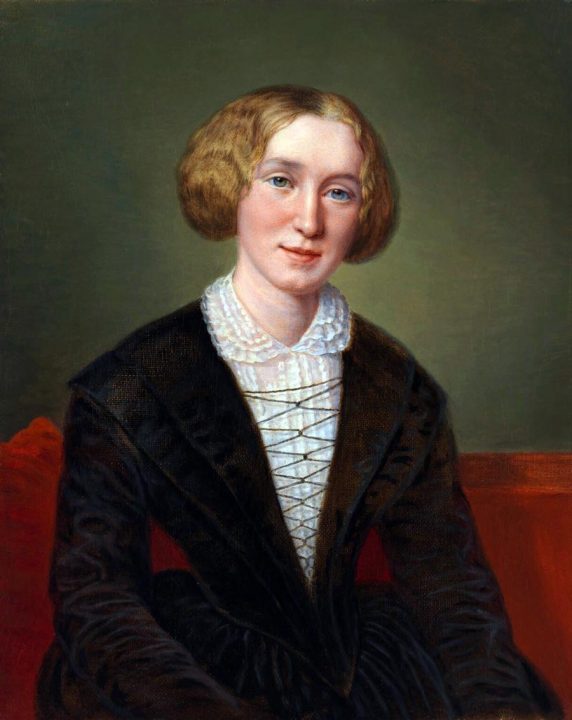
In high school I read a book by the British author George Eliot, whose actual name was Mary Ann Evans. Why did she write under a man’s name? Foremost among several reasons, she wanted to avoid the stereotypes associated with female authors in Victorian-era England.
This anecdote reminds me of Kathy Switzer, the first woman to run the Boston Marathon. Entering that legendary race in 1967, she registered using initials rather than her full name — otherwise she would have been barred from entering, since at the time it was commonly thought that women could not run long distances lest their uteruses fall out. Even during the race, some men attempted to force her out. She finished almost an hour behind Bobbi Gibb, who ran without registering so there was no official basis for stopping her. Truly, both women had a role in helping to end barriers against long distance women runners. As testimony to Switzer’s accomplishment, on the 50th anniversary of her historic run more than 13,700 other women ran the marathon with her.
Moving Beyond Cultural Bias
Next let’s consider Algerian-born Hassiba Boulmerka and the social stigma she had to overcome in her desire to run competitively. During her training years she faced criticisms and even death threats from people who believed that exposing the female body during sporting activities was an immoral act. Eventually she moved to Europe, participated in the 1500 meter run in the 1992 Olympics in Barcelona, and won a gold medal on behalf of her home country of Algeria. Her achievement helped other Algerian women gain respect and acceptance for their desire to train and compete.
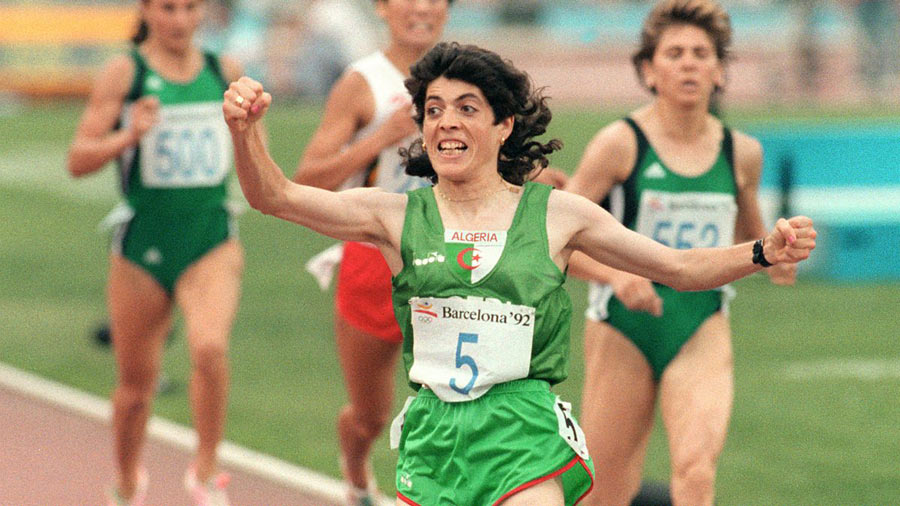
While a variety of cultural standards and practices are part of our human diversity, surely this does not mean that women such as Boulmerka should be barred from developing their talents due to habitual, ritualistic practices. Women should be allowed, even encouraged, to pursue their dreams without being exposed to judgment by others:
Bigotry and dogmatic adherence to ancient beliefs have become the central and fundamental source of animosity among men, the obstacle to human progress, the cause of warfare and strife, the destroyer of peace, composure and welfare in the world … we must therefore hold fast to the tools of perception and knowledge. – Abdu’l-Baha, The Promulgation of Universal Peace
Moving Beyond Pay Inequity
Even in countries where both women and men have equal access to participating in sports, we find gender inequity in other ways. In most professional sports, men are more highly paid. Every once in awhile we learn about exceptions, which give us hope. Just to cite one story: Billie Jean King risked her tennis career in fighting for equity in winnings. As of 1973 she succeeded in the U.S. Open; other major tournaments eventually followed suit.
Other sports offer examples where inequality is finally, albeit slowly, being addressed. Here in Canada, women’s soccer and hockey are very much in the news. What about where you live? What do you see in your own village, city, or nation?
Moving Beyond Harassment and Danger
Recent news articles tell us about harassment and threats against women, including runners, joggers, and walkers. A recent article about runners in the US report that 5% have been flashed (confronted by a man exposing himself); 18% have been sexually propositioned; 3% have been grabbed, groped, or otherwise physically assaulted; and 30% have been followed by a person in a vehicle, on a bicycle, or on foot. Here in Ontario, Canada, we have reports about male coaches molesting some female athletes. Sadly, these are not isolated incidents, as both females and males have been abused by coaches and others in authority over countless years.
Women and Men Need to Work Together
Most of the stories reporting improvement tell us about women who themselves confronted and challenged inequities. Admirable as this is, a truly just society would see both men and women working on the goal of equal access. The Baha’i International Community in 1995 wrote:
Men must use their influence … to promote the systematic inclusion of women, not out of condescension or presumed self-sacrifice but out of the belief that the contributions of women are required for society to progress. Women … must become educated and step forward into all arenas of human activity, contributing their particular qualities, skills and experience to the social, economic and political equation. Women and men together will ensure the establishment of world peace and sustainable development of the planet.
When I think about the world I want to help to create, I envision a world where everyone can participate as they wish and where diversity is cherished. I don’t expect everyone to run a marathon, but I do want everyone to have the opportunity to run or walk or dance. Just to offer yet one more example: not every new business will succeed, but anyone should be able to try. Abdul-Baha succinctly described the outcome of variety:
It is just the diversity and variety that constitutes its charm; each flower, each tree, each fruit, beside being beautiful in itself, brings out by contrast the qualities of the others, and shows to advantage the special loveliness of each and all. – Paris Talks
In honor of International Women’s Day, let’s acknowledge the many women — far beyond the few I have mentioned – who helped break barriers within sports. We can learn so much from them: working toward goals, believing in oneself, staying focused, being gracious when winning as well as when losing, and refusing to be defined or limited by others. These are all life lessons, not just sports advice. Here’s another way to say this, to borrow a phrase from the 1980s: “Who says women can’t run the world?”


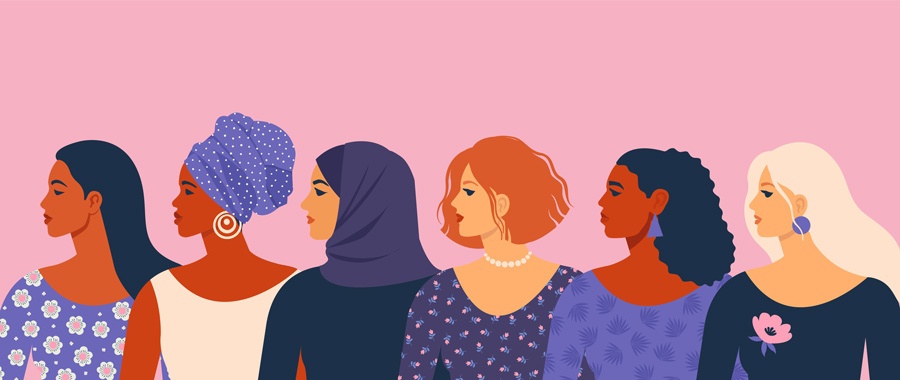



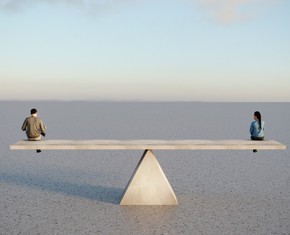
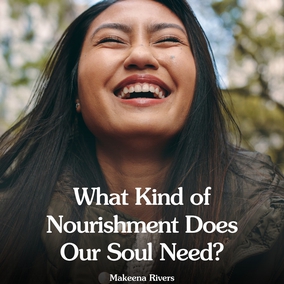








Comments
Sign in or create an account
Continue with Googleor